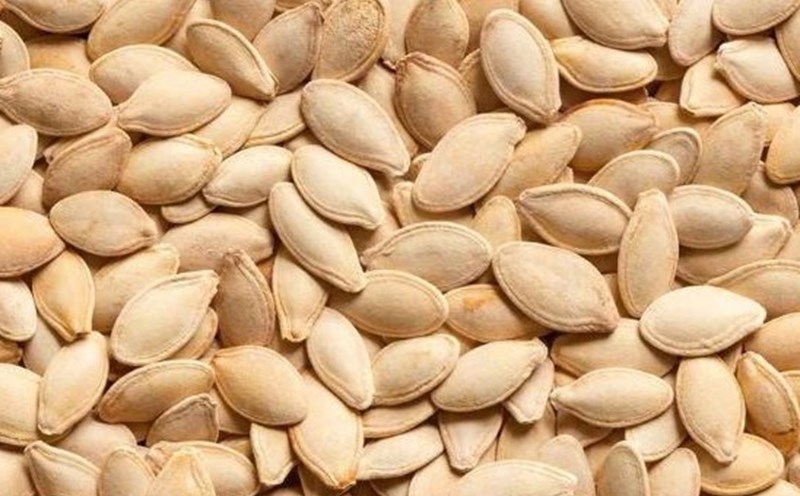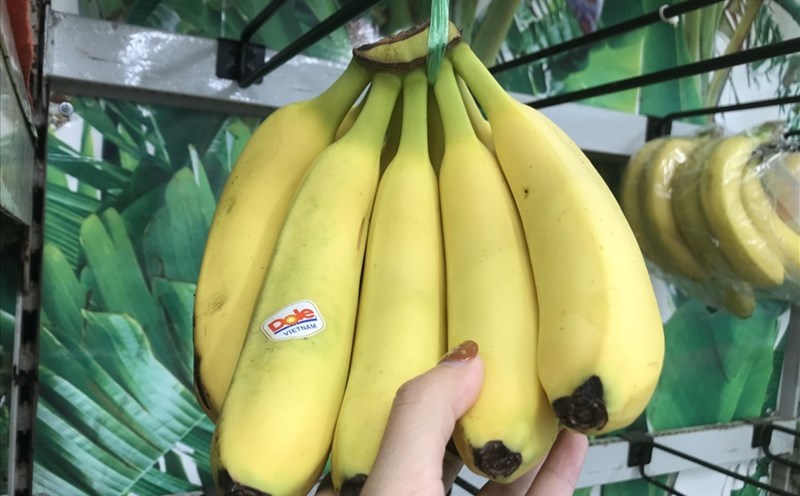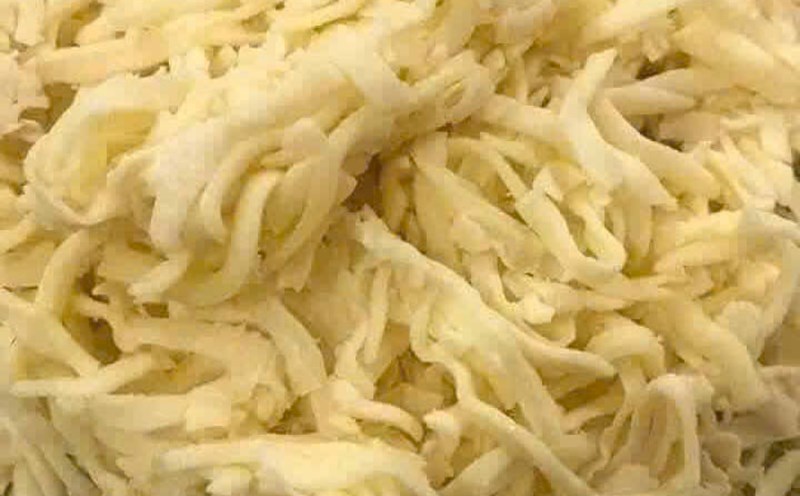Here are 3 types of vegetables that experts recommend regular use.
Cabbage
Cabbage is a low- potassium vegetable (about 150 mg potassium/100 g), very suitable for people who need to limit this mineral.
Rich in vitamin C, vitamin K and the antioxidant sulforaphane compound, which help reduce inflammation and protect renal Tube cells.
The Journal of Renal Nutrition (2023) said that a diet rich in cruciferous vegetables such as cabbage helps reduce the risk of developing chronic kidney disease at an early stage by 22%.
Cabbage is a safe source of soluble fiber, which helps reduce Ureas toxins by feeding beneficial gut bacteria.
Can be boiled, steamed or made into light soup. Avoid stir-frying too much oil or salt.
Cucumbers
Cucumbers contain 95% water, which helps to gently replenish fluid and supports detoxification through urine.
Low potassium content (about 147 mg/100 g), low in sodium, helps avoid increasing the filter load on the kidneys.
Provides antioxidants such as beta-carotene and flavonoids, which help reduce oxidative stress, a factor that promotes progressive kidney failure.
Regular consumption of cucumber helps reduce blood creatinine levels and improve blood pressure in people at risk of kidney failure.
Cucumbers are a "dialys-friendly" vegetable thanks to their ability to control epidemics and easily digest.
Can be eaten raw, with garlic or added to low-salt salads. Limit cucumber salt or use cucumber with pickled salt because of its high sodium content.
Broccoli
Although it belongs to the mustard family, broccoli has a moderate amount of potassium (about 230 mg/100g), but is rich in vitamin C, folate and indole-3-carbinol compounds that have anti-inflammatory and kidney-protective effects.
Rich in fiber helps control blood sugar - one of the common causes of chronic kidney failure.
Patients with stage 3 CKD who supplement broccoli 3 times a week for 12 weeks have a CRP inflammation index reduced by 15% and improved kidney pla plaque filtration levels eGFR.
WHO classifies broccoli as a green vegetable recommended for kidney patients thanks to its high nutritional value and ease of processing.
steam or lightly boil to retain the nutrients, limit frying with grease or salty spices.
Notes when using vegetables for people with kidney failure:
Processing lightly, avoid using sweet potatoes and fish sauce with a lot of salt.
You should boil the headwaters first to reduce potassium, especially when kidney function is impaired.
Eat a moderate amount, spread evenly throughout the day, combined with regular monitoring of potassium and creatinine levels in the blood.











